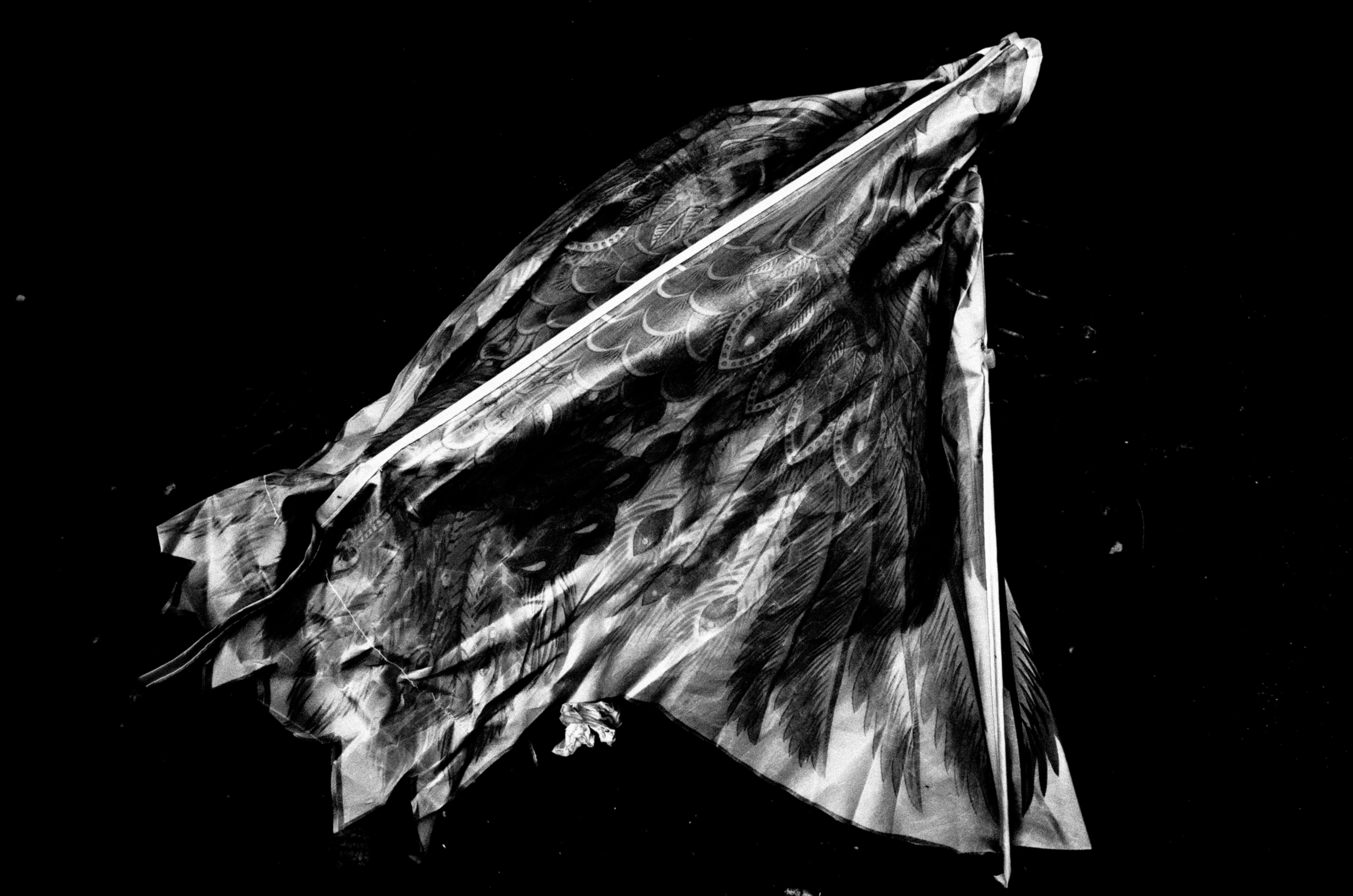
Pixel-peeping is an interesting phenomenon.
Something that I used to be a victim of.
1. What is pixel-peeping?
Pixel-peeping is looking at your photos at 100%, and peeping (looking closely) at the pixels (little dots) in your photos.
The basic concept is that we are more obsessed with the pixels, the sharpness, and the image quality of our photos— rather than the soul, emotion, and the personal quality of our photos.
2. Why pixel-peep?
When I started photography, I wanted to make nice photos with shallow depth of field (bokeh) like I saw on the internet. I remember buying my first DSLR (Canon Rebel XT/350D), and getting a 50mm f/1.8 and shooting everything at f/1.8. I was enamored and suckered by the ‘bokeh’ — because it was novel to me. I thought it made better photos, because it was a unique ‘look’ that I could only achieve with a DSLR. My old point and shoot Canon (SD 600) couldn’t do that. And whenever I uploaded photos with bokeh, people would always say how amazing my photos looked.
But it is a disease. As time goes on, you get more addicted to better ‘image quality.’ I remember spending too much time on camera and gear forums— and getting pressure to upgrade to a ‘full-frame’ camera. When I took out at $5,000 loan from UCLA, I used a lot of that money to buy a used Canon 5D, a 35mm f/2, a 24mm f/2.8, a Sigma 105mm macro lens, and a Canon 70-200L f/4 lens. I genuinely believed that by having a full-frame camera, I would become a better photographer. And I felt that by having better image quality, sharper photos, with better resolution — my photos would be more beautiful.
Wrong.
I’ve fucked with so many different cameras, setups, and gear over the years— and the only thing that has made my photography better is putting more emotion, soul, and personality into my photos. To photograph with my soul, and my entire being. To make my life the primary subject of my images, rather than the lives of others.
Also by studying composition from the masters of photography. By buying books, not gear. By traveling, learning from my mentors and peers, and by experimenting. By being curious, and by having fun like a kid.
3. What is a pixel worth?
Why does it matter if your photos are sharp and in-focus, when the focus of your life is blurry?
Why does it matter if your photos have shallow depth-of-field, if your photos have no depth-of-soul?
Why does it matter if your photos have more megapixels? Does having more megapixels give us more happiness and meaning from our photos?
4. Just use your smartphone
One of my favorite photos of me and Cindy was shot on a smartphone. To me, the photo is one of my favorites— because I can feel the emotion, soul, intimacy, and happiness in the image. I love the way that I’m smiling like a dork, how I’m holding Cindy in my arms, and the way I am holding her hands.
I honestly feel that most photographers would be much happier just shooting with their smartphones. Because it is always with you. And it is easier to share beautiful memories with your family. And it makes us worry less about the technology, and more about capturing the moment.
Steve Jobs and Jony Ive did the most amazing thing with the iPhone. Empowering billions of people around the world to be photographers, and to capture personally-meaningful decisive moments.
5. Why do you make photos?
So friend, if you are a pixel-peeper (I used to be)— just ask yourself:
“Why do I make photos?”
Do you make photos to get a lot of likes on social media? Do you make photos to test the sharpness of your lenses? Do you make photos to find more personal meaning, happiness, and joy in your photos?
Make photos for yourself, for your soul, and for your heart’s delight.
Always,
Eric
How to Overcome GAS (Gear Acquisition Syndrome) >

GAS: (Gear Acquisition Syndrome): wanting to buy new cameras, because you feel like your photos aren’t good enough, because your camera isn’t good enough:
- Why I Shoot With One Camera and One Lens
- 30 Tips to Conquer G.A.S. (Gear Acquisition Syndrome)
- Gear Allergy Syndrome
- Disregard Differences, Notice Similarities
- More Megapixels, More Problems
- Sensor Envy
- If Your Camera Isn’t Good Enough, Your Camera isn’t Expensive Enough
- How to Be Grateful For What You Have
- Having No Choices is the Ultimate Freedom
- Technology Won’t Fix Your Problems
- Why is Image Quality Important?
- Why Sharpness is Overrated in Street Photography

